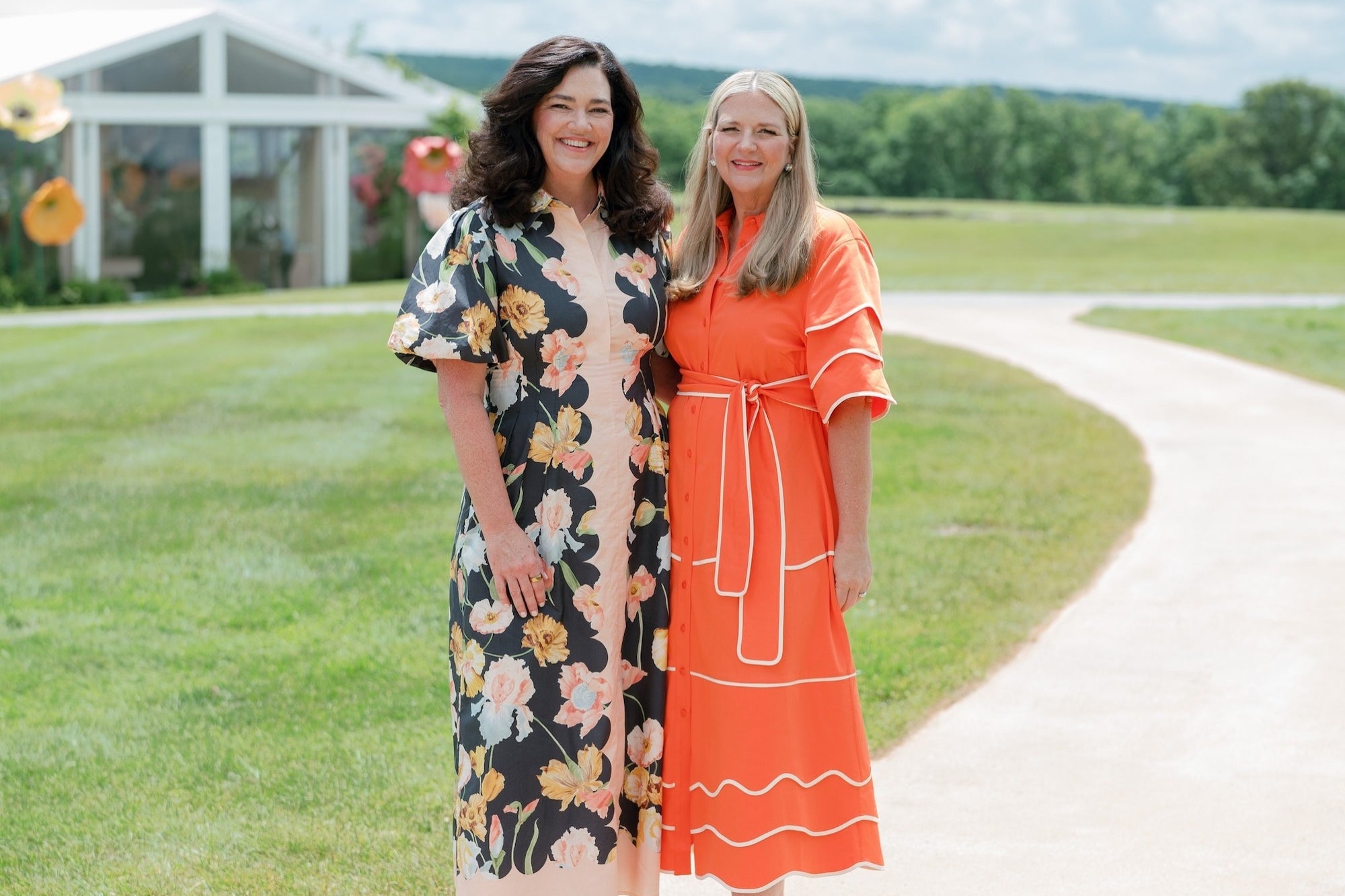Tell Us: Is Starbucks Wrong in Taking a Political Stand? Starbucks CEO Howard Schultz's request that customers leave their guns at the door puts his company -- and by extension, his employees and franchisees -- behind this political issue.
By Ray Hennessey Edited by Dan Bova
Opinions expressed by Entrepreneur contributors are their own.

Should companies take more of a political stand?
There is a long tradition of business leaders weighing in on controversial issues. But the decision by Starbucks chief executive Howard Schultz to ask customers to leave their guns at the door, even in states where the carrying of a firearm is legal and protected, is rare – and risky.
Business leaders exercise free speech all the time. Chik-fil-A president Dan Cathy was an outspoken critic of gay marriage, saying it is against his family's religious beliefs. Amazon founder Jeff Bezos gave $2.5 million to back a Washington state referendum allowing gay marriage.
Both moves sparked criticism. Chik-fil-A faced boycotts from gay-rights groups, while Amazon was blasted by religious organizations.
But Amazon itself didn't give money to support gay marriage. Bezos did. Chik-fil-A doesn't ask customers of the same gender if they walked down the aisle. That is offensive to Cathy, not his cashiers.
Related: Coming to 7-Eleven: Dry Roasted Edamame, Other Healthy Snacks
Usually, business owners can separate their personal opinions from their business stances. It is no comparison with the current debate, but the most extreme case was that of Henry Ford, who had notoriously offensive things to say about Jews but never made a religion a filter for who could buy a Model T.
Schultz is putting his company – and, by extension, his employees, managers and franchisees – behind this political issue.
Presumably, Starbucks could risk alienating a large portion of its customer base. There are very few reliable estimates on the number of gun owners in the U.S., because registries are not well-maintained. But the Small Arms Survey, a Swiss group that tracks worldwide ownership, estimates there are between 230 and 280 million guns in the U.S. That would mean roughly one firearm per citizen.
There could be a valid business reason for Schultz making a corporate, rather than personal, declaration on guns. The risk of losing customers who value their Second Amendment rights could certainly be outweighed by the deep convictions of many of its existing customers and store owners who felt threatened by guns.
What do you think? Tell us in the comments below whether this is the right business move for a company like Starbucks.










